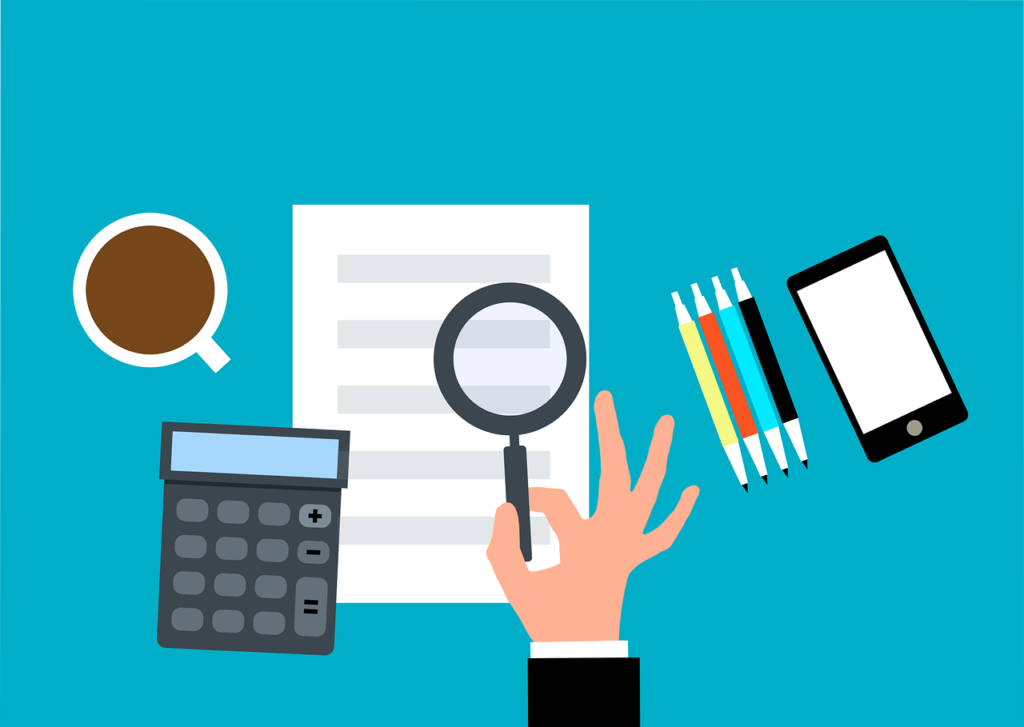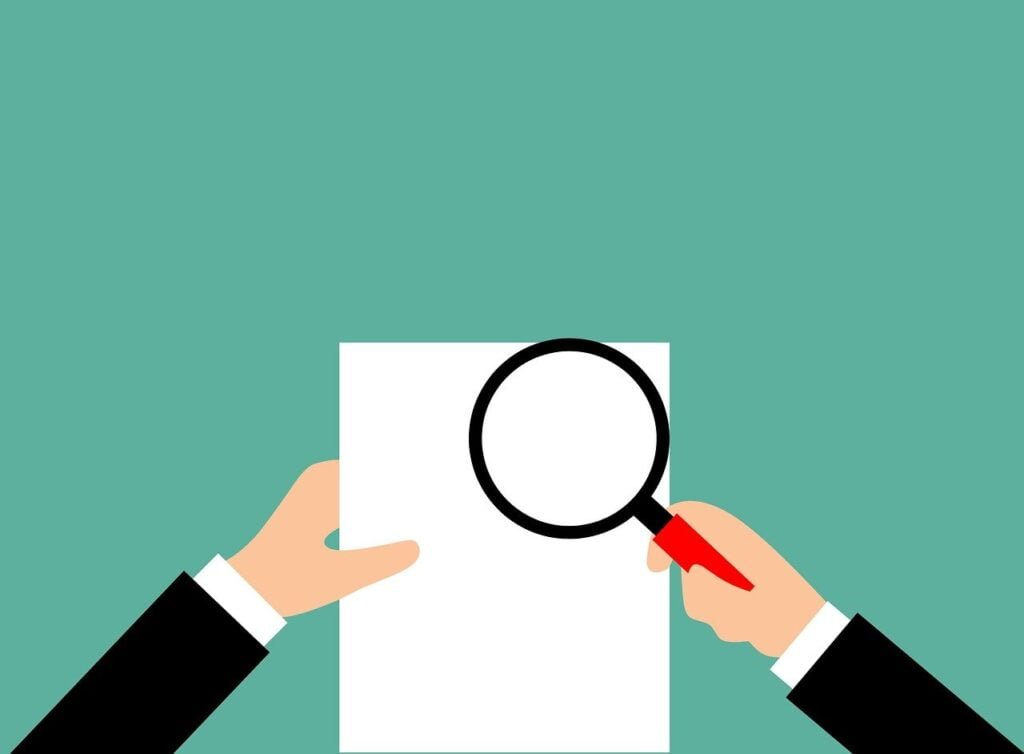Have you ever wondered how internal audits can safeguard a business from potential losses?
Understanding Internal Audits
Internal audits are crucial for organizations aiming to minimize risks and ensure operational efficiency. At their core, these audits evaluate an organization’s inner workings, providing insights into areas that may require improvement. By regularly examining processes, controls, and compliance, internal audits help identify vulnerabilities before they result in significant financial losses.
What Are Internal Audits?
Internal audits are systematic evaluations of a business’s internal controls, governance processes, and risk management activities. These analyses offer a comprehensive view of how well an organization is managing its risks and achieving its objectives. As you progress through your audit, it’s essential to note that this process is not just about compliance; it’s about promoting a culture of accountability and transparency.
The Purpose of Internal Audits
The primary purpose of an internal audit is to provide assurance. You can think of it as a safety net that enhances your organization’s operational efficiency while also mitigating potential fraud and financial mismanagement. Furthermore, by identifying weaknesses or areas for improvement, internal audits foster better decision-making processes.
The Role of Internal Audits in Loss Prevention
When it comes to loss prevention, internal audits play a pivotal role. Their proactive nature allows organizations to detect and address risks before they escalate. This can save not just financial resources but also the company’s reputation.
Identifying Risks
Internal audits help you uncover hidden risks that may not be readily apparent. For instance, your organization might face operational inefficiencies or compliance weaknesses that, if unchecked, could lead to significant losses. Regular audits assist in pinpointing these risks, allowing you to address them promptly.
Assessing Compliance
Compliance issues can have severe repercussions, including hefty fines and reputational damage. Internal audits evaluate the extent to which your organization adheres to laws, regulations, and internal policies. By keeping abreast of compliance, you ensure that your business operates within legal boundaries and mitigates potential liabilities.
Improving Operational Efficiency
An internal audit can provide valuable recommendations for improving processes and systems within your organization. When operations run efficiently, your business is less likely to incur unnecessary costs or face losses. Each iteration of an audit brings you closer to streamlined operations and optimized resource allocation.

The Evolution of Professional Liability Insurance
Insurance plays a significant role in loss prevention. Over the years, professional liability insurance has evolved to address the changing needs of businesses.
Understanding Professional Liability Insurance
Professional liability insurance, often known as errors and omissions insurance, protects businesses against claims of negligence, misinterpretation, or inadequate work. For many professionals, this insurance serves as a safety net, ensuring financial protection in the event a client alleges a service failure.
Why the Evolution Matters
The evolution of professional liability insurance reflects the dynamic environment in which businesses operate. As new risks emerge, insurance policies adapt to meet those challenges. Understanding these changes helps you choose the right coverage for your organization, protecting against the unique liabilities your business may face.

The Importance of Professional Liability Insurance in Business Continuity
In today’s unpredictable environment, ensuring business continuity is essential. Professional liability insurance plays a critical role in this regard.
Ensuring Financial Resilience
Should a claim arise, the costs can be crippling. Having professional liability insurance allows your organization to absorb these costs without significantly impacting operations. You ensure business continuity and stability, allowing your team to focus on the business at hand.
Protecting Your Reputation
In the event of a claim, your reputation can be at stake. Professional liability insurance can help cover legal fees and settlements, protecting your brand and maintaining stakeholder confidence. A positive reputation is vital for attracting and retaining clients, making it a necessary consideration.
How to Evaluate Your Need for Professional Liability Coverage
Every business is different, and understanding your unique insurance needs is essential.
Assessing Your Risk Exposure
Take a close look at the services your business provides. Are there areas where errors could have serious repercussions? Businesses in riskier sectors, such as healthcare or finance, need to consider higher coverage limits to match their exposure. The more your business engages in activities with a potential for loss, the more coverage you will likely need.
Reviewing Your Current Policies
Before purchasing new coverage, review your existing policies. There may already be some level of professional liability insurance included in your general liability coverage. It’s essential to understand your current protection before adding additional layers.

Tailoring Liability Insurance for Specific Industries
Different industries face unique liabilities that require tailored insurance solutions.
Tech Industry Needs
For businesses in the tech industry, errors in software development or data breaches can lead to costly claims. Thus, customizing your coverage to include aspects relevant to technology—including cybersecurity and software errors—is essential for adequate protection.
Healthcare Providers
Healthcare professionals confront complex liability risks. The severity of potential claims related to malpractice necessitates significant liability coverage tailored to the specific services provided. Proper evaluation of these risks can protect both your practice and your patients.
Construction Sector Challenges
The construction industry has its own unique set of challenges. From project delays to injuries on site, contractors must address various liabilities. By tailoring insurance to cover these specific exposed risks, construction businesses can mitigate financial ramifications effectively.
When it comes to professional liability insurance, understanding policy limits and deductibles is crucial.
What Are Policy Limits?
Policy limits refer to the maximum amount an insurer will pay for a covered claim. Having sufficient limits is essential to protect your organization from potential loss. Review your operations’ risk exposure to determine the necessary policy limit that fits your business.
Importance of Deductibles
A deductible is the amount you pay before your insurance kicks in. Balancing higher deductibles with lower premiums can be tempting, but it’s vital to ensure you can manage the costs when claims arise. Knowing your financial capabilities will help you make informed decisions about your coverage.

The Role of Brokers and Agents in the Insurance Process
Navigating the world of insurance can be complex. Brokers and agents play an essential role in helping you choose the right coverage.
What Brokers Do
Brokers act as intermediaries between you and insurance companies. They can provide insights into various policies available in the market and help you compare prices. Their expertise can be particularly beneficial in identifying coverage tailored to your business needs.
Agents vs. Brokers
While both agents and brokers assist in obtaining coverage, their roles differ. Agents typically work for a specific insurance company, while brokers can work with multiple insurers to find the best policy for your needs. Understanding these nuances can influence your decision on who to partner with for your insurance needs.
Monitoring and Updating Your Insurance Coverage
Your business evolves, and so do your insurance needs. Regularly reviewing and updating your coverage is vital to ensuring you have adequate protection.
When to Review Coverage
Lightly reassessing your insurance coverage on an annual basis may help identify any gaps as your business grows. Major changes like new services, expansions, or regulatory updates warrant an immediate review.
Adjusting Coverage Limits
Your business can experience growth and increasing risks over time. Be prepared to adjust your coverage limits and recommendations from your broker consistently.

Creating a Culture of Risk Awareness
Establishing a culture of risk awareness within your organization is invaluable.
Importance of Training
Training your employees to identify and mitigate risks helps reduce the likelihood of liabilities. By empowering your staff with knowledge, you promote an organizational culture focused on safeguarding against potential losses.
Encouraging Open Communication
Creating an environment where employees feel comfortable reporting issues or concerns reinforces a proactive approach to risk management. Open communication channels encourage prompt identification of potential threats, facilitating quick action and decision-making.
Implementing Effective Risk Management Strategies
A robust risk management strategy is fundamental to protecting your organization from losses.
Identifying Key Risks
Regularly assess your business to identify new risks that may emerge. The more knowledgeable you are about your vulnerabilities, the better you can protect against potential claims.
Developing Incident Response Plans
Having plans in place to respond to incidents allows for swift action should a claim arise. Detail the steps to take if an issue occurs, from reporting it to initiating potential mitigation strategies.
The Importance of Documentation in Liability Claims
Documentation is a significant aspect of your professional liability coverage.
Keeping Records
Maintain comprehensive records of all interactions, decisions, and services provided. This documentation can serve as crucial evidence in the event of a liability claim, helping to substantiate your position.
Streamlining the Claims Process
Well-organized records make filing a claim easier and quicker. This streamlining can be beneficial in minimizing the impact on your business operations while you manage claims.
Conclusion
Understanding the role of internal audits in loss prevention is a crucial step toward safeguarding your business. By recognizing the importance of these evaluations, tailoring liability insurance to your specific industry, and promoting a culture of risk awareness, you can significantly mitigate losses.
Continually assessing and adjusting your strategies will be vital in navigating the ever-changing landscape of business risks. You not only protect your financial health but also cultivate an environment of trust and professionalism that can significantly contribute to your business’s success.
